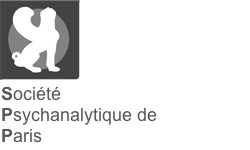|
Résumé :
|
The capacity to relax and letting one's mind wander is one of the cornerstones of psychoanalysis. In cases where this capacity seems hindered, the reasons are characteristically sought from particular and specific inhibitions: what is thereby taken to be interfered is not the capacity of relaxation but only the activation of this capacity in a particular regard. In contrast to this mainstream way of thinking, Winnicott argues that the capacity for mental relaxation is a developmental achievement and presupposes a safe sense of integration. The present article investigates this dynamism. It clarifies how an integral sense of self arises out of primary unintegration, explains how a well-established sense of self grounds the ability to relax, and underlines the centrality of relaxed unintegration in everyday life as well as in the analytic situation.
|




